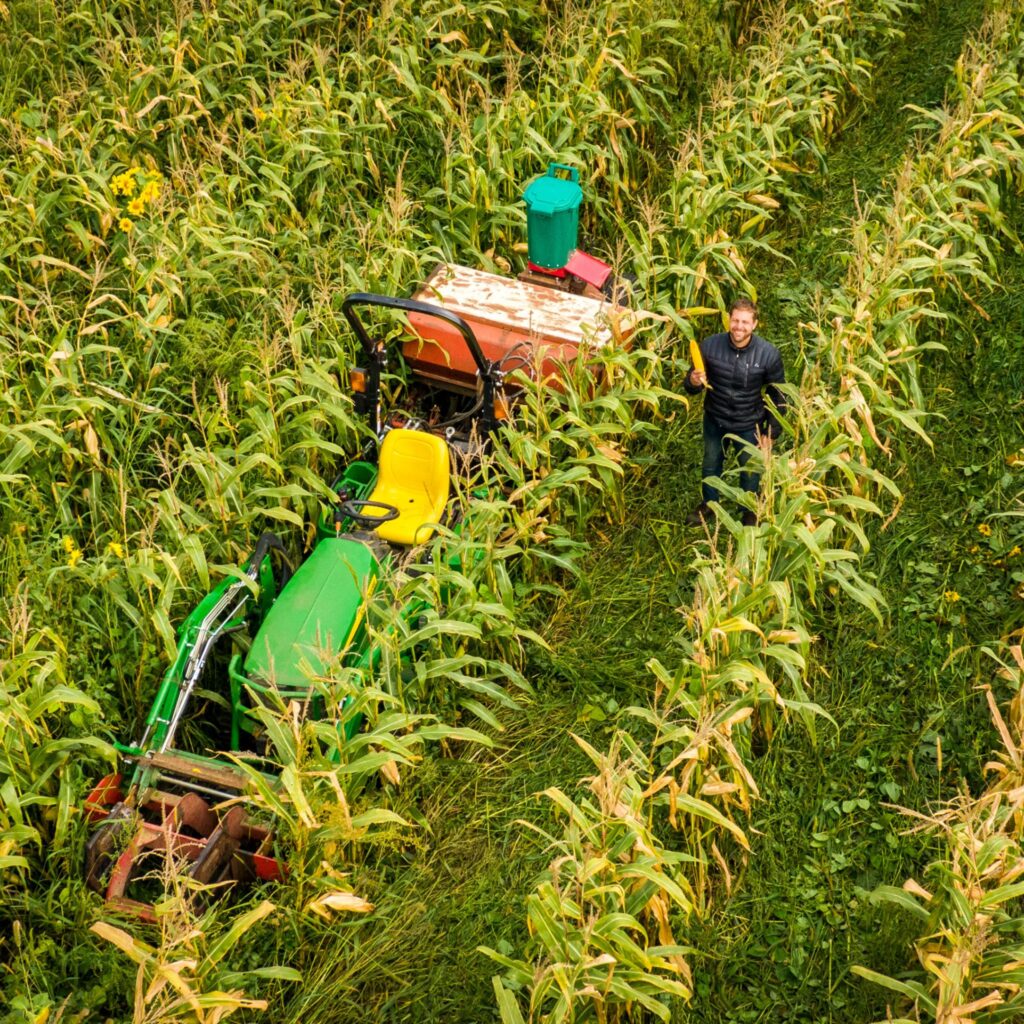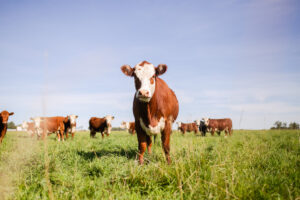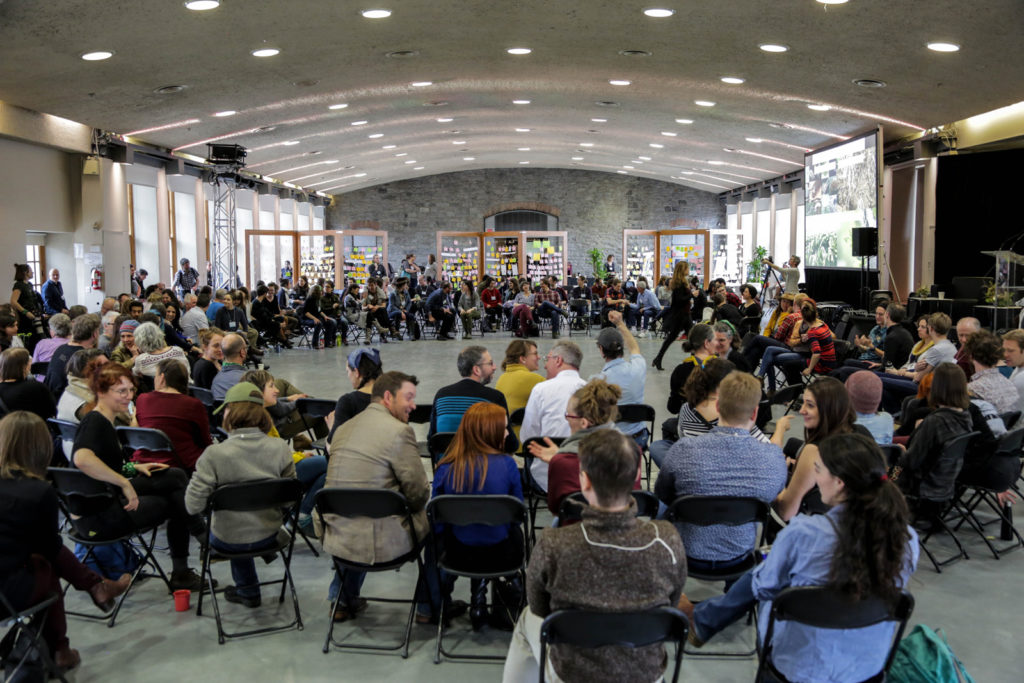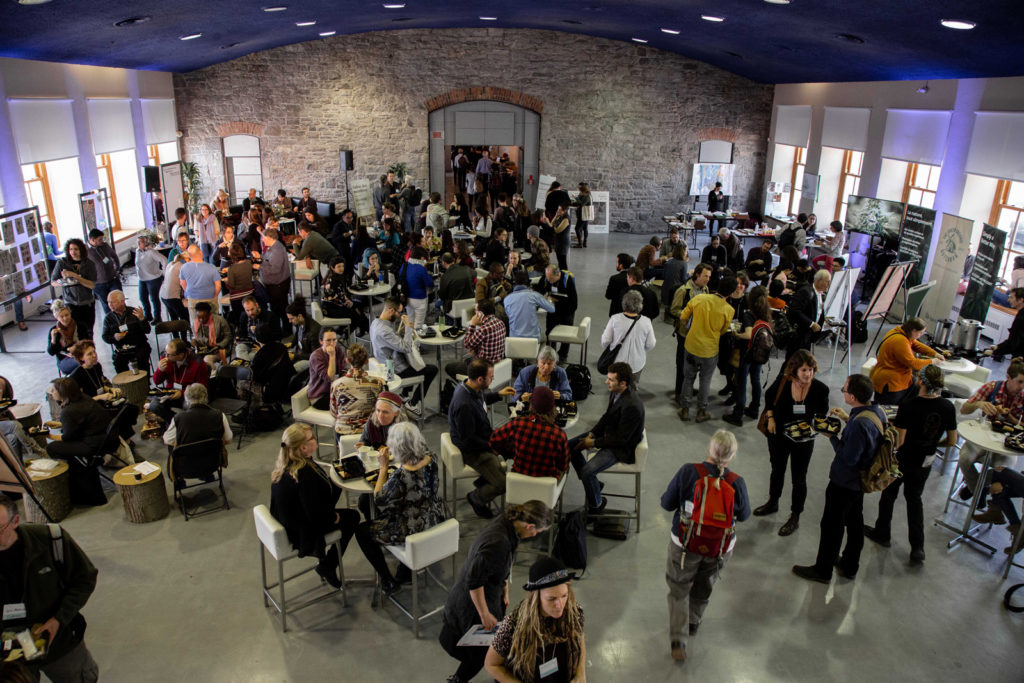The Living Soils Symposium: Regeneration Canada

Projects Sponsor
Over the past 2 years, Regeneration Canada turned the Living Soils Symposium (LSS) into a worldwide reference for discussions on soil regeneration as a solution to climate change, gathering 1300 participants over 20 countries. With an innovative multi-stakeholder approach, the LSS informs, connects, mobilizes and inspires participants to take action. The communication campaign led by Regeneration Canada around the LSS has reached hundreds of thousands of people, raising awareness about this ground-breaking solution. Obviously, read on, to get the dirt on that…

The urgent truth is that even if we champion all available emissions reductions strategies (which we imperatively need to do), indeed, even if we were somehow able––and willing––to stop all carbon emissions tomorrow, we would still be way past safe CO2 levels in the atmosphere. The quantity of CO2 would keep increasing over time due to positive feedback loops.
In other words, the devastating impacts of climate change will keep getting worse if we do not implement effective carbon removal measures quickly, and on a large scale. Fortunately, we can do that––and more––through regenerative agriculture, something that should be high on our priority list anyway.
The impacts of soil degradation are increasingly felt in Canada and are largely linked to industrial agriculture. Heavy tillage and widespread application of synthetic pesticides and fertilizers are destroying soil life, exhausting a precious resource. Further, fertile soil is being lost to erosion and desiccation. The land is losing its capacity to grow foods and absorb water, and with that goes its resilience to droughts and floods. Our waterways are becoming increasingly polluted due to decreased water filtration capacity and sedimentation. The foods we grow contain fewer and fewer nutrients.
All this means our food system is becoming highly vulnerable at the same time that our capacity to adapt to the impacts of climate change is diminishing at an astounding rate.
The practices of regenerative agriculture enable us to renew soil health, thereby reversing the soil degradation cycle, making us more resilient to climate change and enabling better overall ecosystem health.
Moreover, these practices sequester carbon into soils which helps mitigate climate change.
This is a win-win-win strategy with countless benefits––it’s economically viable for farmers and allows governments to achieve their emissions reductions goals. These practices have the potential to spread quickly and yet three years ago soil regeneration concepts were barely known and seldom discussed in Canada’s public and political spheres.
It was high time someone who had the scoop on soil stepped up and offered to help spread it around. Enter Ms.Gabrielle Bastien, Founder and Executive Director of Regeneration Canada’s Living Soils Symposium, which has quickly become a worldwide reference for discussions on soil regeneration as a solution to climate change.

The Living Soils Symposium was founded upon the understanding that land management is a complex system involving a diversity of stakeholders. If the conversations Ms. Bastien hoped to get started were going to bear fruit, or produce of any kind, she knew that the dialogue was going to have to include not just farmers and land managers, but also agronomists, retailers, distributors, chefs and restaurants, researchers, nonprofits and associations, policy makers, and consumers.
That means that, unlike many other events that address related topics, the Living Soils Symposium is not a farmer-only event, or a scientific convention, or a policy gathering, or a general public event. The goal is to break these silos wide open and foster interdisciplinary collaboration. The endgame is the creation of a systemic shift and establishing a network to connect a wide array of stakeholders and facilitate knowledge exchange is key to making that happen.
It was also understood from the beginning that all of these stakeholders needed to be inspired if they were going to be mobilized to contribute to regenerating soil health. Genuine and lasting changes in behaviour, after all, can only be triggered by deep experiences, and that’s what Regeneration Canada has provided.

The Living Soils Symposium has been tremendously successful in achieving their objectives, gathering over thirteen hundred participants from over 20 countries in the last two years. Starting with that first event in 2017, with Ms. Bastien as the sole full-time organizer, aided by a handful of dedicated volunteers, a movement has been built.
Setting up and running an event of this size and significance meant gaining credibility among a diverse crowd. A scientific committee made of both American and Canadian experts was assembled in order to set up a program of 35 top-notch speakers. The event was designed with professionalism and welcoming hosting in mind, ensuring a useful and meaningful experience to anyone who joined. Naturally, media attention was garnered.

The initial four hundred participants spanned all stakeholders, and all levels of awareness of the issue, who all expressed a great deal of satisfaction with the experience. This both validated the need for such an event and hinted at its potential impact going forward.
Indeed the second LSS had a stellar program of over seventy speakers and hosts, from across Canada and beyond. All the relevant stakeholders were represented and there was a wide scope of topics, presented by carefully selected speakers.
Despite COVID, which meant quickly transforming the meticulously planned 4-day event into a 2-week virtual experience, over eight hundred people from around the world attended the 3rd Symposium.
The Living Soils Symposium addresses a groundbreaking field, which proposes an innovative solution not only to climate change––our era’s most pressing issue––but also to an array of other global issues: food security, water pollution and scarcity, chronic health issues, and biodiversity collapse.
Obviously, we need to get the dirt on that.














